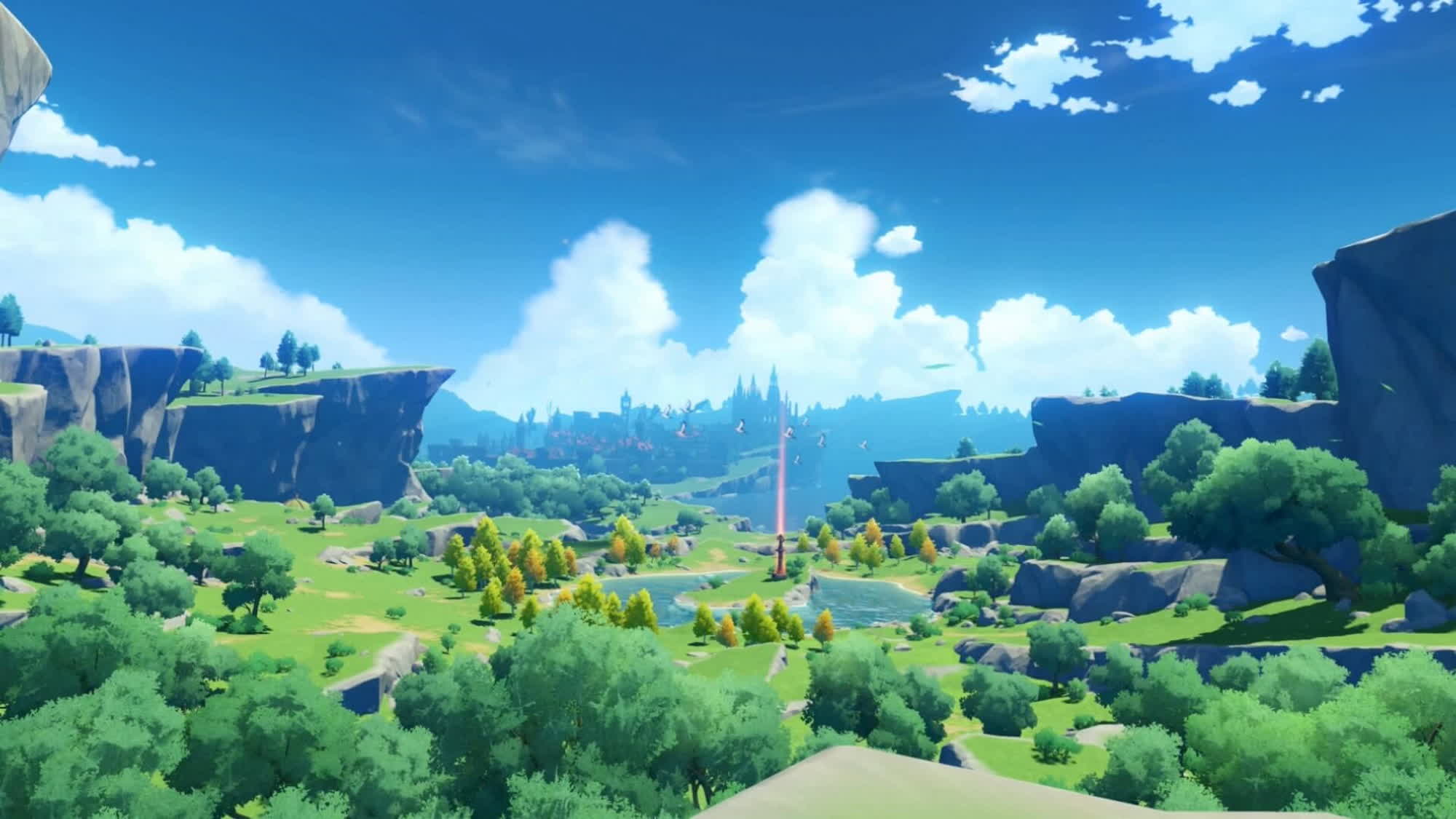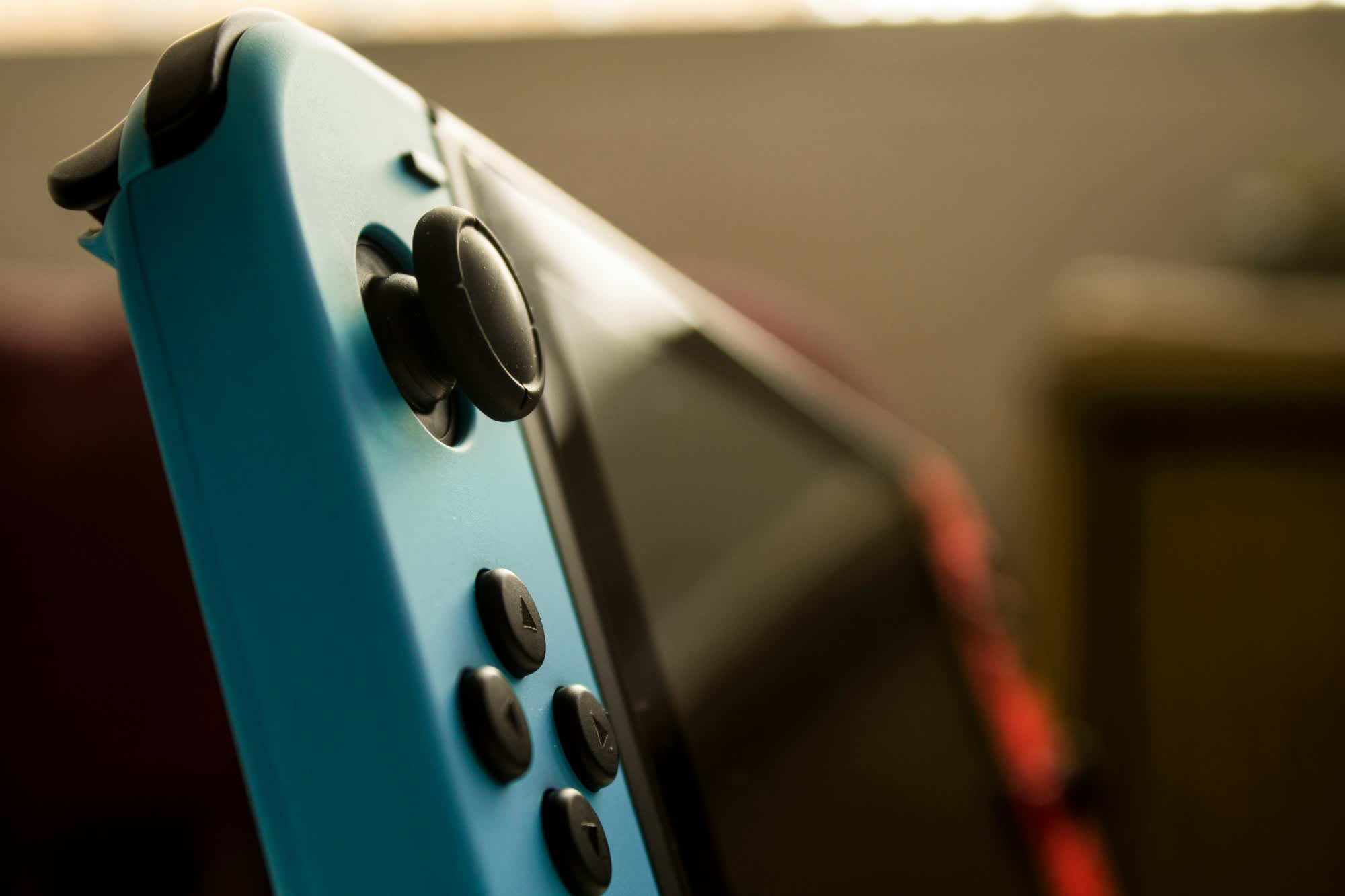Keep dumping: The Yuzu emulator may be dead, but Switch emulation will continue to progress as if (almost) nothing happened. Suyu is a new project aimed at continuing the work already undertaken on the Yuzu source code. However, developers have explicitly stated that they will not accept any donation money or other forms of monetization.
After the Yuzu team decided to disappear from the internet and resolve all pending legal matters with Nintendo, fans of Switch emulation have already resurrected Yuzu's source code with the Suyu project. Suyu, as stated on the project's GitLab page, is a continuation of the world's most popular Nintendo Switch emulator. It is written in C++ to be portable to any platform and will eventually provide actively maintained builds for Windows, Linux, and Android operating systems.
According to a recent interview with "Sharpie," moderator of Suyu's official Discord server, the new team is well aware that they are now in a "legal grey area" and are working on a way out. Multiple plans are being considered about what to do next, and while the team is still being organized, Suyu has already proven to be quite popular among coders and Switch fans.
Suyu development started because people with a "passion" for Switch emulation didn't want to waste years of work done on Yuzu, Sharpie remarked. The two projects share the same base code, but Suyu is clear in its stance against piracy. The new emulator does not support or condone piracy in any form, and individuals interested in playing commercial games will need to provide encryption keys extracted from their own Switch consoles along with game ROMs they have "legally obtained and paid for."

The ability to generate game-specific encryption keys was one of the main points highlighted in Nintendo's lawsuit, and the Suyu team is taking the first step by removing the Yuzu code designed for that purpose. The developers state that users will still be able to use keys and firmware dumps from questionable sources, but Nintendo will likely have no grounds to blame Suyu for this.
Nintendo's lawsuit also shed light on the profitability of the Yuzu project for Tropic Haze, the company managing the emulator's Patreon donation program. However, the Suyu development team aims to avoid accepting money to support the project, which should eliminate another major point of contention in Nintendo's legal action against Yuzu.
Suyu, a name that blatantly references the lawsuit that led to Yuzu's downfall, is taking cautious steps to avoid attracting too much attention in these early stages of the project.
The official website is still under construction, and there are no binary builds available for download yet. Nevertheless, Sharpie confirmed that the official Discord server has already surpassed the team's expectations for growth at this point, once again demonstrating that lawsuits against open-source projects and emulators can easily backfire, even for a company prepared for litigation like Nintendo.
